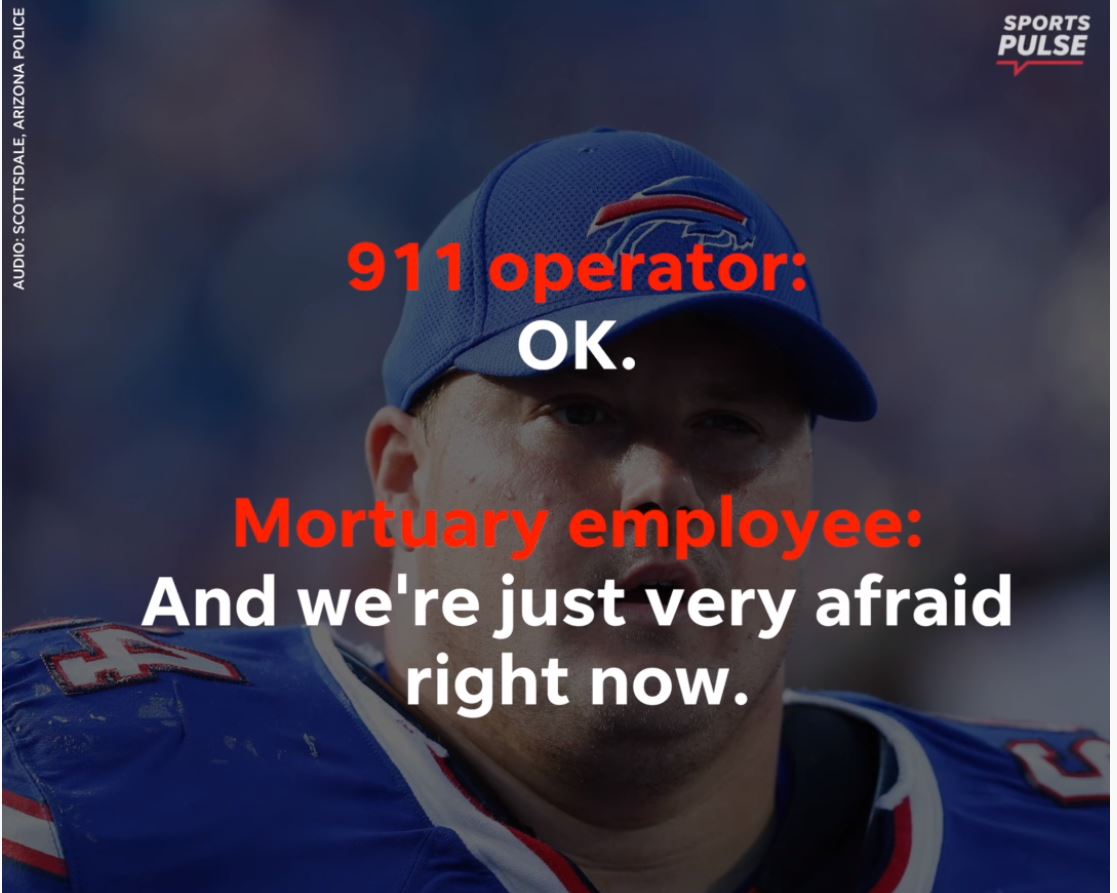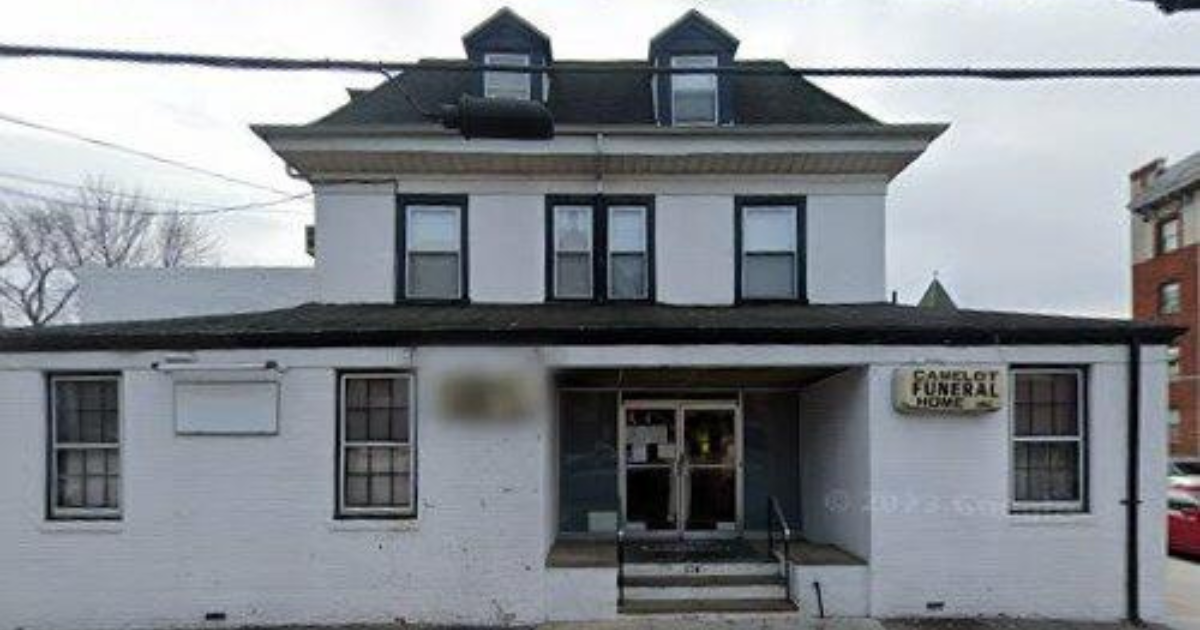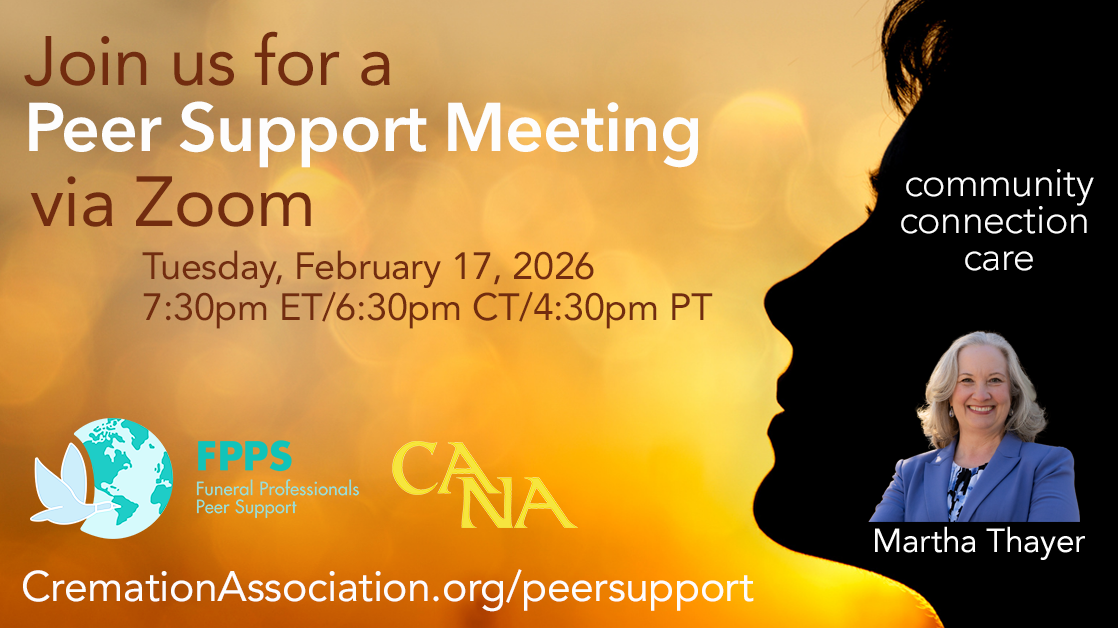Incognito Incident Highlights Dangers of Funeral Home Shootings and Violence
Last year Richie Incognito was best known as a retired NFL offensive lineman with a reputation as a locker room bully. Today Incognito is back on the field as a guard for the Oakland Raiders. And he’s still making headlines — just not for his football career. Instead, it’s his 2018 arrest for threatening to shoot employees of a Scottsdale, Arizona funeral home in the news.
Incognito was at Messinger Pinnacle Peak Mortuary in Scottsdale on August 21, 2018 to make arrangements for his father’s funeral. According to police, Incognito became “upset with staff and began to damage property inside the business and shout at employees.” Police stated the 6’ 3”, 320-pound Incognito threatened to get guns from his truck and return to shoot the employees.
Scottsdale police charged Incognito with suspicion of disorderly conduct and criminal threats. As news of his arrest spread, outlets reported he became irate when funeral directors refused to give him his father’s head for “research purposes.” Witnesses said he was unwilling to sign cremation paperwork and cooperate with directors, and walked through the funeral home “punching caskets and throwing things.”
A rash of funeral shootings
Fortunately, Incognito was not able to follow through with his threat to shoot funeral home employees. Police did find multiple guns in his vehicle. Luckily, they arrested Incognito before he could injure or kill anyone inside or in the vicinity of the funeral home. But other funeral directors and funeral-goers have not been as fortunate.
There have been at least five shootings at funeral homes or during funeral services across the country this year:
- February 23, Raytown, Missouri: Three gunmen “created chaos” by firing at least 10 shots outside Graceway Church during the funeral service of a 15-year-old gunshot victim.
- April 20, Frederick, Maryland: Two people were shot during a funeral at Jackson Chapel United Methodist Church after an apparent altercation.
- July 19, Countryside, Illinois: A 28-year-old man was accused of firing a gun inside Hallowell and James Funeral Home while his family was making arrangements for his deceased sister. The incident started when an argument with his late sister’s boyfriend escalated from knives to a 9mm handgun.
- August 5, Suitland, Maryland: A man lining up for a cemetery procession after a funeral in a storefront church was shot during an argument with mourners in another vehicle. The funeral was for victim of a nightclub shooting.
- September 20, Monroe, Louisiana: A man was fatally shot outside Smith Funeral Home while visiting the wake of a victim of a shooting the previous week.
A tough situation
Violence and mass shootings in public venues have escalated in the last few decades. Place of worship, schools, nightclubs, movie theaters, and corporate offices have added law enforcement personnel, or at least armed guards, to their payroll. Are funeral homes next?
As death care professionals, you have a deep understanding of the wide-ranging emotions families and funeral-goers experience. Grief is abundant, and tempers are short. In the case of services for victims of gun violence, frustration and anger emerge.
“When you handle services like this, it’s quite heavy and traumatic for the families, obviously, but also for the practitioners,” former funeral director John Christian Phifer told The Tennessean in 2018. “I’ve been to services where guns have been drawn. It’s actually not uncommon.”
Prevention or preparation for shootings
So what can you do to avoid violence at your funeral home or during services off-site? Some death care professionals are leading efforts to raise awareness of gun violence in their communities. At least one independent funeral home owner now refuses to conduct services for homicide victims unless he personally knows the victim’s family.
After at least 17 acts of violence at area funerals in 2016 and 2017, Chicago funeral home directors have called for legislation to keep violence out of funerals. June Williams is a director at Golden Gate Funeral Home in Chicago. She has witnessed incidents of violence and shootings. Once, gunshots injured one of her coworkers. Williams cites “revenge-seeking guests” — usually gang members — as the main culprits for funeral violence and shootings.
“We have to be concerned when men come into the funeral home and we ask them to take off their hat,” Williams told the Chicago Tribune. “Some of the gang members, that’s their colors, they don’t want to take them off. Or somebody steps on somebody’s foot then they’re ready to fight.”
“There used to be a code amongst different types of folks,” Williams added. “You didn’t bother the people at church, and you didn’t bother them at a funeral.”
But what about Incognito?
After Richie Incognito’s rampage last August, news outlets speculated he might be dealing with “some severe mental issues.” Comments he later made to reporters about his father, including, “I’m not sure he’s dead,” didn’t help matters.
However, in an interview for “HBO’s Real Sports with Bryant Gumbel” that aired on September 24, Incognito attributed his behavior in Scottsdale to drugs, alcohol, and lack of sleep.
“It was an emotional day for myself,” Incognito told Gumbel. “And I showed up at the funeral home and I wasn’t in my best health… I thought I was acting normal. (A couple of) days not sleeping, then the heavy marijuana use, plus the drinking. All that is a recipe for disaster for a person like myself.”
Directors might be expect violent behavior at a funeral for a victim of gun violence or in a gang-heavy community. But how could the directors in Scottsdale have been prepared for Incognito’s outburst and threats? Incognito was a famous, presumably-wealthy football player, not a revenge-seeking gang member.
Maybe guards, police officers, or metal detecting equipment at funeral homes and services might help. Hopefully some of the gun violence awareness efforts of directors will make an impact. Above all, death care professionals and mourners simply shouldn’t have to worry about their safety in addition to their grief.
Chicago pastor Larry Trotter might have said it best. “Regardless of what caused the death of a loved one, I have mothers and grandmothers that are standing with me. We deserve to be safe at a funeral.”




